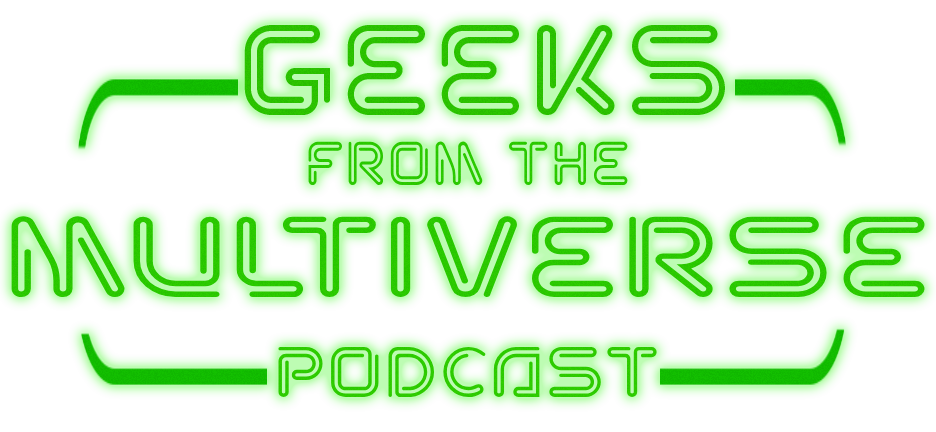When Iron Man launched the Marvel Cinematic Universe (MCU) in 2008, it felt like the opening of a thousand doors. The promise of interconnected stories, cameos, and world-shifting consequences across movies and TV shows was exciting—revolutionary, even. But somewhere along the way, Marvel Studios turned that sprawling universe into a self-contained box. Worse yet? They locked the lid.
The MCU, once hailed as the gold standard for cinematic worldbuilding, has become a narrative prison.
Let’s call it what it is: Marvel created a formula, and now they’re terrified to deviate from it. The rules…they’re rigid, the tone is templated, and every character, plot twist, and emotional beat has to be interconnected, and pass through a shared-universe filter. This has left little room for real risk-taking or fresh, standalone visions.
Instead of expanding the multiverse in a meaningful way, the MCU has ironically become more narrow. Every film and show now feels less like a creative endeavor and more like the stuffing you find inside a teddy bear. It has become less and less about the individual stories and more about making sure they fit it inside the box. And if it doesn’t fit in the box? It’s gonna get rejected.
Some of the MCU’s most iconic characters—Tony Stark, Steve Rogers, Natasha Romanoff—are gone. And in killing them off (or retiring them), Marvel burned its brightest creative bridges. Rather than exploring alternate universes or genre-defying takes on these legends, we’re left with Marvel using hand-me-down heroes, Watered-down versions of legacy characters, and characters no one even knows (unless you have read every Marvel comic).
Want to do a gritty Tony Stark story? Too late—he’s dead and canon-locked.
Want to explore what actually happened to Steve Rogers when he returned the stones? Sorry, that’s “classified.”
The multiverse should’ve been a license to get weird and wild. Instead, Marvel uses it like a gimmick—just a flashy way to repackage nostalgia and cameos for applause, not depth.
Here’s the real kicker: Marvel doesn’t want anyone else to play in their sandbox. Not unless they’re micromanaged within an inch of their storytelling life.
Want to make a Marvel film that’s standalone, bold, or offbeat? Good luck getting it greenlit. Want to explore an MCU character from a fresh lens, maybe even outside the standard MCU tone? Unless Kevin Feige signs off and it fits into “Phase Whatever,” it’s not happening.
There’s a treasure trove of filmmakers, writers, and creatives who could breathe life into Marvel stories in ways we’ve never imagined—but Marvel keeps hiring them and then sanding down their edges.
Case in point? Sam Raimi’s Doctor Strange in the Multiverse of Madness had glimpses of personality, but even that felt like a tug-of-war between horror-camp Raimi and boardroom-bland MCU. Imagine what a true horror version of Doctor Strange might’ve looked like, freed from continuity constraints. No wonder why the New Blade movie will probably NEVER see the light of day ⬅️ see what I did there?
It’s time to ask the uncomfortable question: Does the MCU need to end—or at least pause?
Not forever. Not with finality. But maybe it’s time to allow a reset. A real one. A chance for fresh voices to take these characters and explore them in isolated, genre-bending ways. Let a director tell a one-off Daredevil noir story. Let someone do an R-rated Punisher revenge thriller that doesn’t try to shove in an Avengers cameo. Let the MCU characters exist outside the MCU box, because NOT every Marvel movie has to have 87 characters in it!
Marvel has turned its greatest achievement into its greatest limitation. The box that once gave structure and cohesion has now become a creative coffin. And unless they find the key—or are brave enough to break the box open—the MCU may continue to spiral into mediocrity, trapped by the very universe it built.
